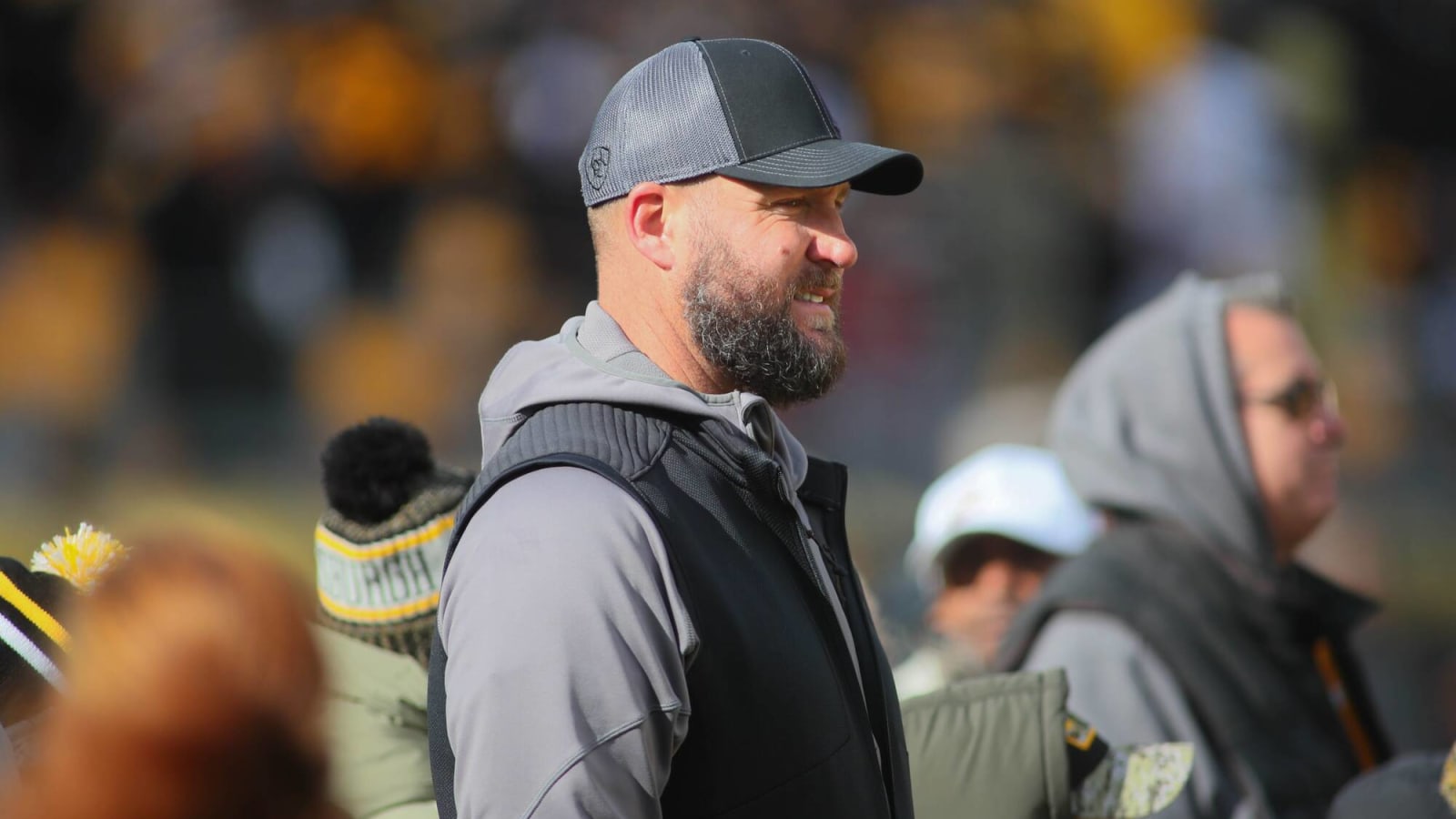The Pittsburgh Steelers basked in the glory of 18 extraordinary seasons led by the iconic quarterback, Ben Roethlisberger. Throughout his illustrious tenure with the Steelers, Roethlisberger dazzled fans and pundits alike, amassing an impressive 64,088 passing yards, punctuated by 418 touchdowns with a mere 211 interceptions. His remarkable prowess earned him the accolades of a six-time Pro Bowler and two-time Super Bowl champion, etching his name into the annals of football greatness.

However, as Roethlisberger’s career was expiring, the Steelers found themselves grappling with the daunting task of finding his worthy successor. The organization initially pinned their hopes on Mason Rudolph, sort of envisioning him as the heir apparent to lead the franchise into a new era. Yet, Rudolph’s performance failed to live up to expectations early, leaving the Steelers in a state of uncertainty. Subsequently, the Steelers turned to hometown hopeful Kenny Pickett, drafting him with aspirations of him embodying the face of the franchise.
Regrettably, this endeavor also fell short of its mark, leaving the Steelers at a crossroads in their quest for a quarterback solution. In a bid to rectify their past missteps, the Steelers embarked on a bold new strategy, securing the services of Russell Wilson and orchestrating a trade for Justin Fields. These two quarterback acquisitions signify the organization’s unwavering commitment to securing a quarterback capable of leading the team to future success.
Ryan Clark, a former Steelers safety turned ESPN analyst, recently weighed in on the Steelers’ revamped quarterback room during an appearance on First Take. He shed light on a recurring mistake in the team’s history. Clark believes that Pittsburgh made a grave mistake holding onto Roethlisberger for so long past his expiration date.
“The loyalties I think that Coach [Mike] Tomlin has shown to some people like a Matt Canada, like a Kenny Pickett, I think those things are over,” Clark said. “What he did with Ben Roethlisberger kind of riding him out towards the end of his career in hopes of winning a championship. All of that stuff is done. They are trying to win right now.”
Clark argues that the Steelers clung to Roethlisberger for too long and failed to plan adequately for his departure. Despite drafting two quarterbacks in an attempt to secure the franchise’s future, both endeavors faltered: Pickett was traded, and Rudolph departed in free agency, branding both efforts as unsuccessful.
Now faced with the daunting task of finding their next franchise quarterback, the Steelers aim to combine experience and potential with their acquisitions of Wilson and Fields. Wilson, a seasoned veteran with a Super Bowl victory and numerous Pro Bowl appearances, expresses a desire for a long-term commitment to Pittsburgh at 35 years old. However, the trade for Fields introduces an element of uncertainty.
At 25 years old, Fields possesses raw talent and immense potential, factors that lead Clark to believe the Steelers can nurture his development during his tenure in Pittsburgh. Clark advocates for the Steelers to place their faith in Fields, hoping he surpasses Wilson and emerges as the franchise’s future quarterback.
Steelers Being Loyal To A Fault Has Greatly Held Them Back
The Steelers have a history of unwavering loyalty, often to their detriment. A prime example is Matt Canada, the offensive coordinator whose performance consistently fell short. Despite glaring statistical deficiencies, the Steelers retained him for far too long, only parting ways midway through the 2023 season. The move to fire Canada finally gave Steeler Nation a sigh of relief and a hope that they may be moving in the right direction.
Clark also highlighted the Steelers’ loyalty to Pickett. Despite early struggles, they hesitated to explore other options. Rudolph, too, was not given a fair opportunity until circumstances demanded it, yet he proved his worth with three consecutive victories, leading the Steelers to the postseason. Clark contends that the era of excessive loyalty within the Steelers organization has reached its end.




